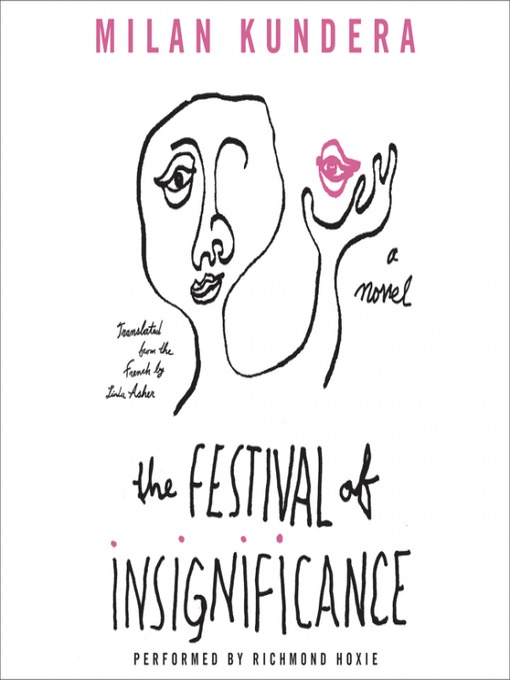"Slender but weighty. . . . What is moving about this novel is its embrace of what has always driven Kundera, the delicate state of living between being and nothingness."— Boston Globe
From the internationally acclaimed, bestselling author of The Unbearable Lightness of Being, an entertaining and enchanting novel—""a fitting capstone on an extraordinary career."" (Slate)
Casting light on the most serious of problems and at the same time saying not one serious sentence; being fascinated by the reality of the contemporary world and at the same time completely avoiding realism—that's The Festival of Insignificance. Readers who know Milan Kundera's earlier books know that the wish to incorporate an element of the "unserious" in a novel is not at all unexpected of him. In Immortality, Goethe and Hemingway stroll through several chapters together talking and laughing. And in Slowness, Vera, the author's wife, says to her husband: "you've often told me you meant to write a book one day that would have not a single serious word in it...I warn you: watch out. Your enemies are lying in wait."
Kundera is finally and fully realizing his old aesthetic dream in this novel that we could easily view as a summation of his whole work. A strange sort of summation. Strange sort of epilogue. Strange sort of laughter, inspired by our time, which is comical because it has lost all sense of humor. What more can we say? Nothing. Just read.





